The Spiritual Work of Racial Justice
By Patrick Saint-Jean, S.J. (Anamchara Books, 2021)
“Jesuit Patrick Saint-Jean offers us a way to heal our battered souls,” says M. Shawn Copeland of The Spiritual Work of Racial Justice: A Month of Meditations with Ignatius of Loyola. I concur.
The past year has seen increased momentum in the struggle for racial justice, though it has been met with opposition and dismissiveness from many, including many white Christians. In this important book, Saint-Jean maintains the necessity of linking spirituality with practical efforts. He astutely identifies the connection between spiritual health and racial justice. “This book’s premise is that antiracism is not an optional aspect of the spiritual life, but rather it is essential to becoming all that God calls us to be,” he writes. Saint-Jean invites readers to reconfigure our internal lives so that we can promote restoration and reconciliation within ourselves and our communities.
The book is constructed around 30 daily meditations, and each week features a different theme: Christ as a Person of Color, The Crucifixion and the Suffering of People of Color, etc. Each day includes a reflection on different aspects of the week’s theme and guidance for practicing the Ignatian spiritual exercises such as journaling and praying. Throughout the work, historical facts, contemporary statistics, and personal experience are deftly woven together with information about St. Ignatius of Loyola and his spiritual exercises.
By presenting these exercises with a focus on racial justice, Saint-Jean offers readers a practical way to expand our horizons, relinquish our egos, and receive the grace that frees our souls to build the Beloved Community—the reign of God. The result is a compelling work that deserves the attention and effort of every person who acknowledges their human tendency to sin but desires nevertheless to live life in the grace of God’s call to justice.
—Kathleen Bonnette
I Love Jesus, but I Want to Die
By Sarah J. Robinson (Waterbrook, 2021)
Early in her book, Sarah J. Robinson lists some of the well-meaning but ultimately unhelpful phrases people of faith trot out when a friend is in crisis. We all know these: “God never gives us more than we can handle,” “This too shall pass,” and “Choose joy.” It’s easy to imagine getting a card with one of these emblazoned across the front. It’s a nice thought, but if I can “choose joy,” then does the oppressive, gnawing pain in my chest that distracts me all day and keeps me awake all night exist because I “choose misery”?
In I Love Jesus, but I Want to Die: Finding Hope in the Darkness of Depression, Robinson’s answer is a resounding no. Part memoir, part practical guide for Christians to understand depression, Robinson describes turning to religion to combat the dark feelings and thoughts that plagued her. When she joined a church that emphasized a triumphant God and fervent worship, and her sadness failed to dissipate, Robinson concluded that she wasn’t praying hard enough. This made her feel worse, and the cycle began again. A depression diagnosis helped her see that her feelings weren’t the consequence of some sort of spiritual failing.
Robinson comes from a charismatic Protestant tradition, and she is especially good at addressing those readers who may have been taught that going to therapy is symptomatic of a weak faith. It emphatically is not, and she offers tips for finding a therapist who is qualified to help a person work through these fears.
I picked up this book because I was intrigued by its title. Depression and mental illness can strike anyone but being taught that they are spiritual failings likely makes their pain so much worse. It’s easy to imagine many readers nodding their heads in silent agreement with Robinson’s experiences. Hopefully, by reading and seeking help, they can be at peace with the book’s conclusion: “Jesus loves me, and I’m on Zoloft.”
—Kathleen Manning
Briefly Noted:
The Monastic Heart: 50 Simple Practices for a Contemplative and Fulfilling Life
By Joan Chittister (Convergent Books, 2021)
Writer, lecturer, and researcher Chittister invites readers to create monasteries within themselves in order to harness the renewal of a contemplative life.
Returning to Life After the Storm: Hope and Wisdom from Jewish Sources
By Rabbi Abraham Skorka (Behrman House, 2021)
Skorka, who once coauthored a book with Pope Francis, shares Jewish themes of spirituality to encourage readers as they navigate pandemic life.
Introduction to the Spiritual Life: Walking the Path of Prayer with Jesus
By Brant Pitre (Image, 2021)
In this exploration of the spiritual path of Jesus, Pitre illuminates forms of prayer and stages of spiritual growth that will guide readers into a deeper knowledge of Christ.
This article also appears in the November 2021 issue of U.S. Catholic (Vol. 86, No. 11, page 39). Click here to subscribe to the magazine.


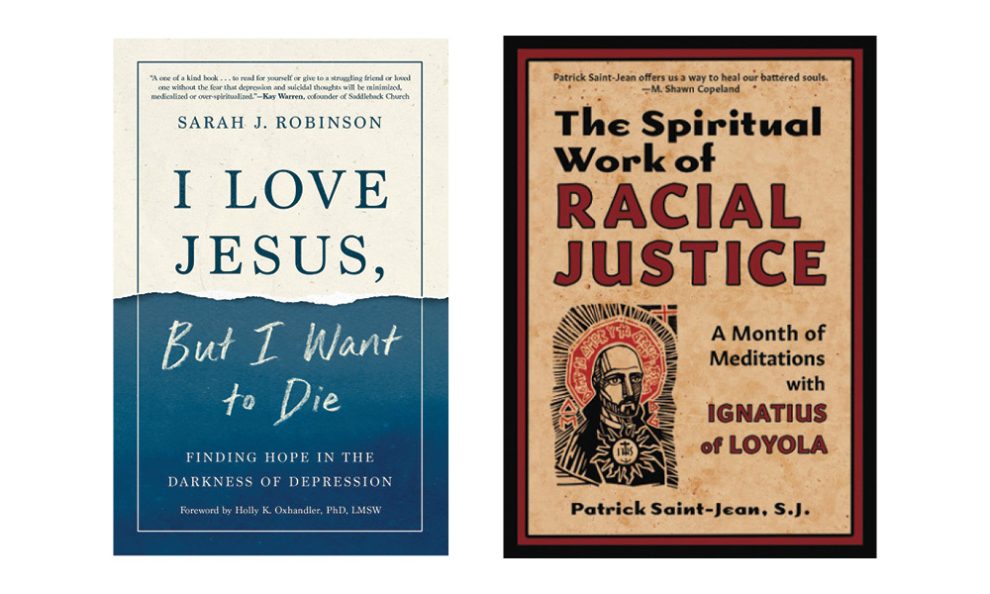
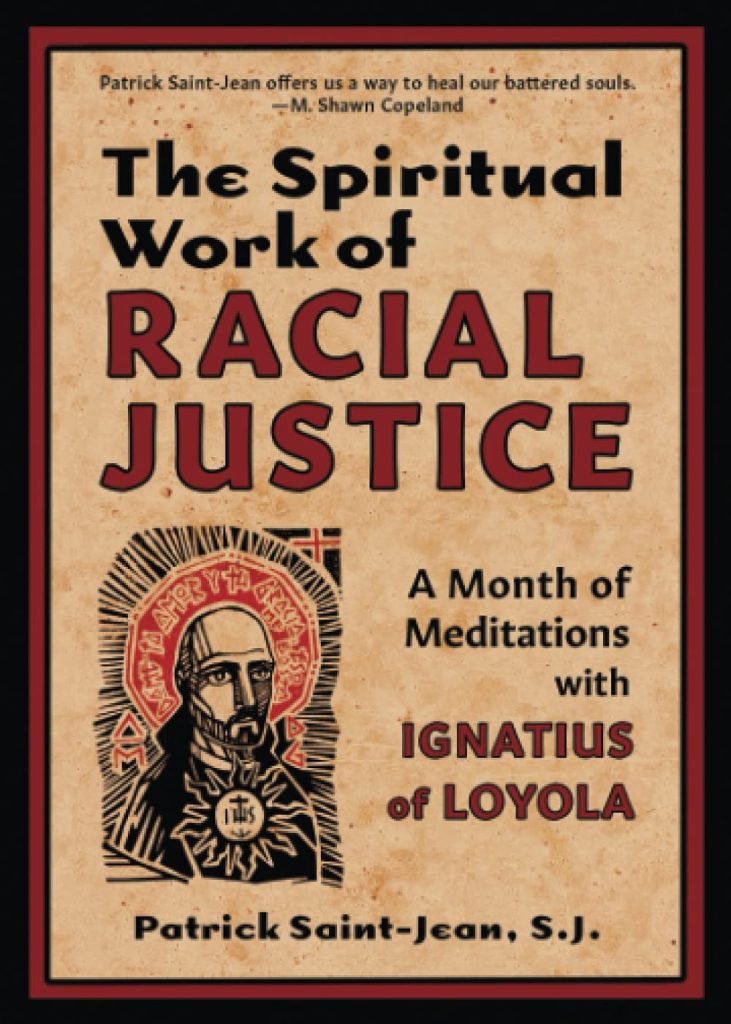

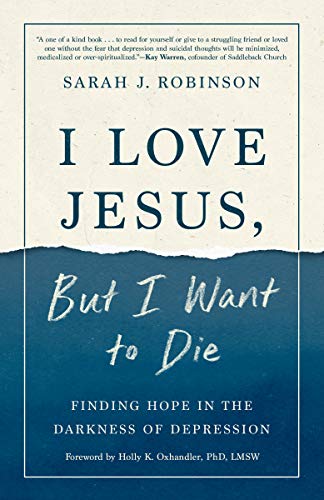
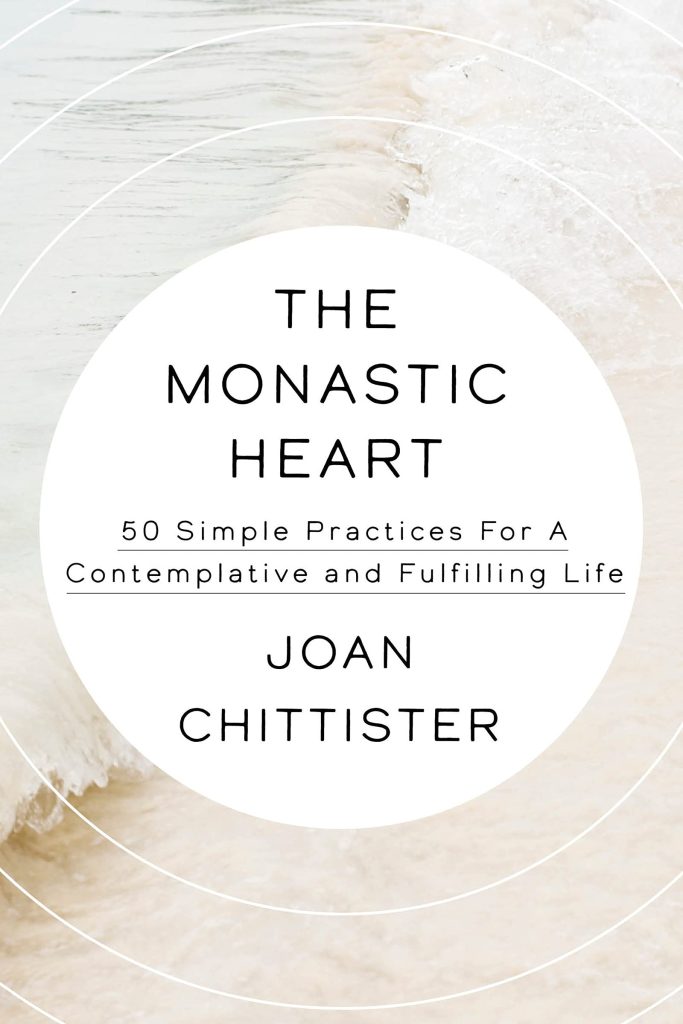
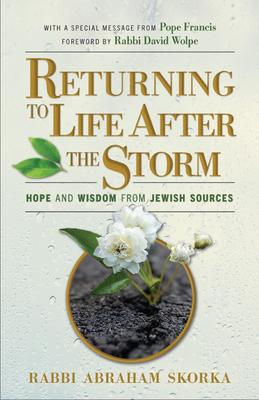
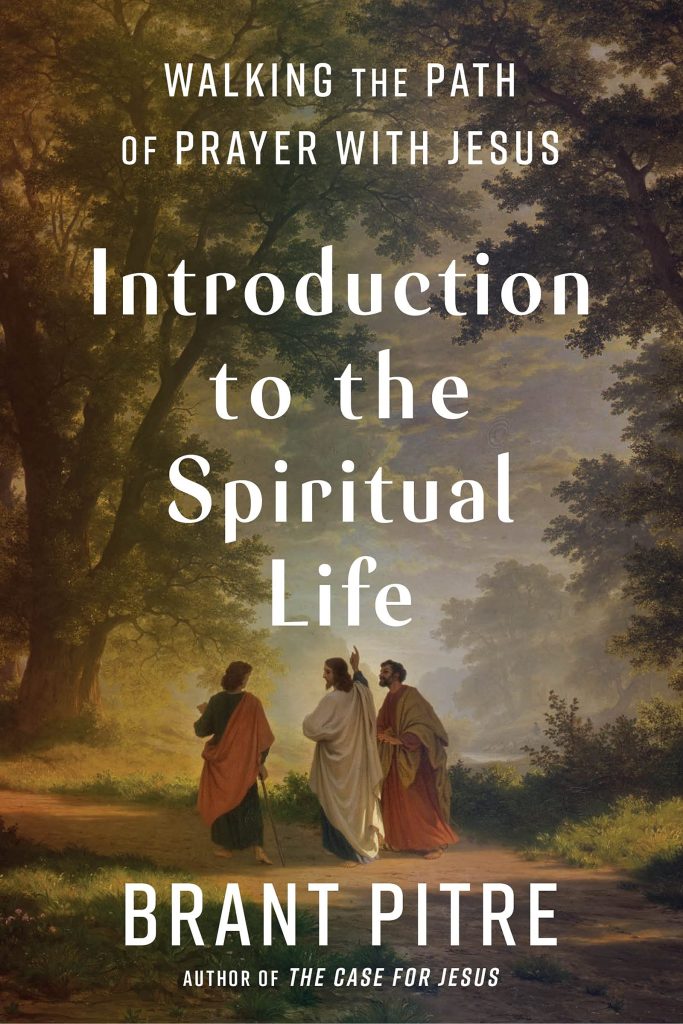











Add comment